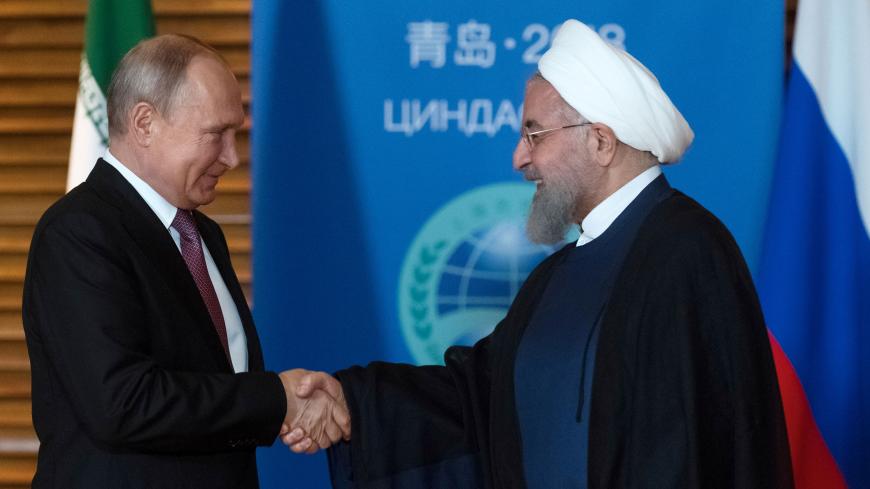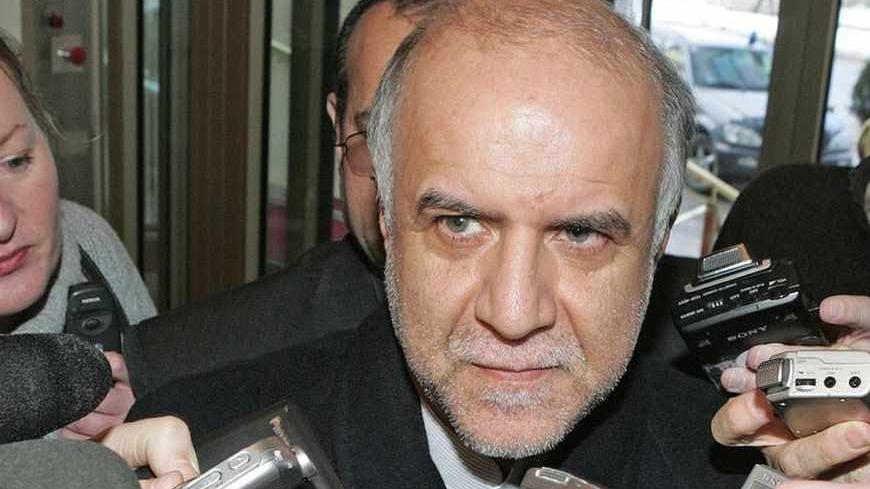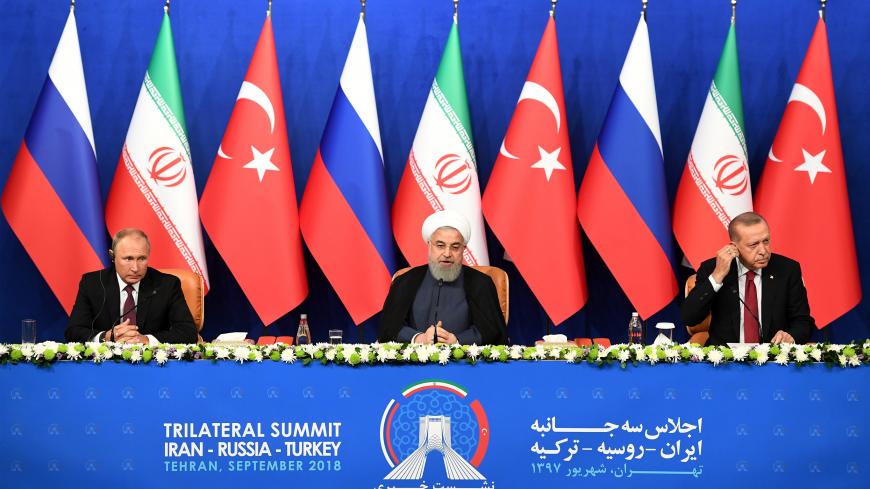
Iran won’t 'confirm nor deny' Russian oil-for-goods deal
Subscribe for less than $9/month to access this story and all Al-Monitor reporting.
OR
Create an account for a 7-day trial to access this article and all of AL-Monitor.
By entering your email, you agree to receive ALM's daily newsletter and occasional marketing messages.













![A Russian supertanker is anchored by Neka oil terminal, 300 km north-east of [Tehran], during an inauguration ceremony of the first phase of an oil swap project with Iran's Caspian neighbours, April 29, 2004. [ Under the project Iran will take crude from Russia, Kazakhstan and Turkmenistan and transfer them through pipelines to refineries in the cities of Tehran and Tabriz.] - RTXMLA4](/sites/default/files/styles/article_header/public/almpics/2014/01/RTXMLA4.jpg/RTXMLA4.jpg?h=f7822858&itok=Ht0Xk3dl)

